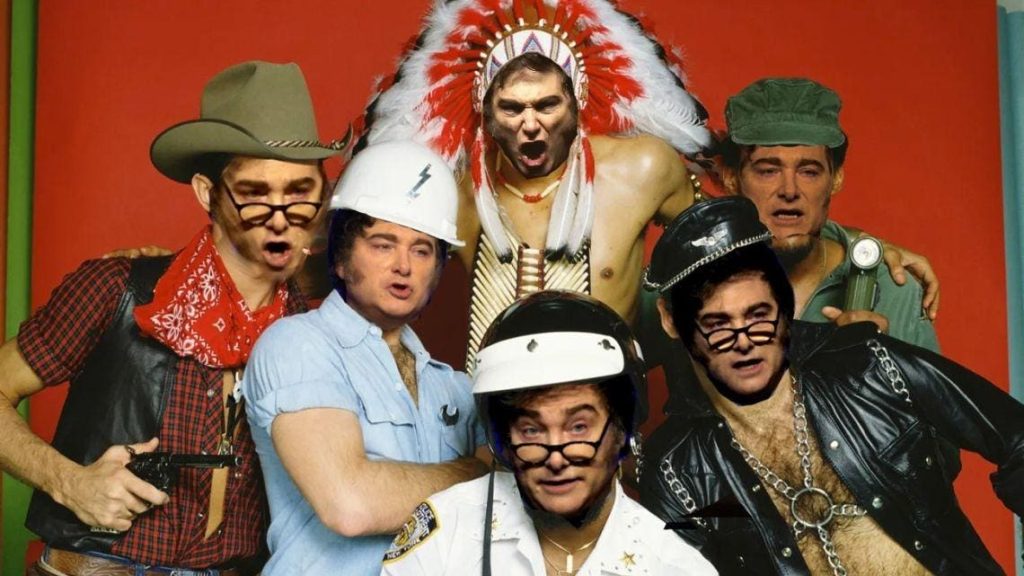Argentina One Year Under Milei: A Tumultuous Transformation
A year into Javier Milei’s presidency, Argentina finds itself navigating a turbulent political and economic landscape. The self-proclaimed "anarcho-capitalist" has defied expectations, shattering political norms and retaining substantial popular support despite implementing severe austerity measures. His unconventional approach has resonated with a disillusioned electorate weary of traditional political forces, propelling him to victory over established coalitions and solidifying his position as a global figurehead of the "new right." Milei’s presidency has been marked by a radical departure from previous administrations, leaving both supporters and critics questioning the long-term sustainability of his policies and their impact on the nation.
Milei’s political ascent has been nothing short of meteoric. From television pundit to congressman to president, his rise has been fueled by a savvy social media strategy, a keen understanding of public discontent, and the crumbling of Argentina’s established political order. He effectively capitalized on the fragmentation within both the Juntos por el Cambio and Frente de Todos coalitions, presenting himself as an outsider untainted by the perceived corruption and ineffectiveness of the political elite. Despite initial doubts about his lack of experience and political machinery, Milei has skillfully navigated the political arena, outmaneuvering a fragmented opposition and securing legislative victories with minimal concessions. His ability to absorb key figures from opposing parties, such as Patricia Bullrich, further demonstrates his political acumen and strengthens his position.
The foundation of Milei’s political success rests on his enduring popular support, a phenomenon that challenges conventional political wisdom. Despite imposing harsh austerity measures, which have deepened the recession and eroded purchasing power for many Argentines, Milei maintains a surprisingly high level of approval. His economic plan, orchestrated by Economy Minister Luis ‘Toto’ Caputo, prioritizes balanced budgets and currency controls, leading to a significant appreciation of the peso. While this has helped to curb inflation, a key campaign promise, it has also come at the cost of job losses and reduced consumption. The long-term viability of this approach remains questionable, especially given concerns about the overvalued peso and a lack of foreign investment.
Milei’s administration has also been characterized by a disregard for traditional political norms and institutions, a trait that has both emboldened his supporters and alarmed his critics. This unconventional approach extends to his international relations, where he has forged alliances with like-minded figures, further solidifying his position as a global leader of the "new right." His close relationship with former US President Donald Trump, for example, exemplifies his willingness to break with established diplomatic protocols. While this strategy has garnered international attention and bolstered his domestic image, it also raises concerns about Argentina’s standing on the world stage and its commitment to democratic principles.
However, cracks are beginning to show in Milei’s seemingly impenetrable facade. The sustainability of his economic policies is increasingly questioned, with international organizations like the IMF expressing concerns about the overvalued peso and the lack of foreign reserves. The deep recession and its impact on employment and consumption pose a significant challenge, and the looming burden of foreign debt obligations further complicates the economic outlook. Politically, the fragmented opposition may eventually coalesce and present a more formidable challenge to Milei’s authority. The potential emergence of a strong leader within the opposition ranks, coupled with growing public fatigue with Milei’s unorthodox style, could erode his support base.
Looking ahead, Argentina faces a precarious future under Milei’s leadership. While his unconventional approach has disrupted the political status quo and resonated with a segment of the population, the long-term consequences of his policies remain uncertain. The economic challenges are substantial, and the political landscape remains volatile. The upcoming midterm elections will be a crucial test of Milei’s popularity and his ability to maintain control. The future of Argentina hinges on whether Milei can address the growing economic concerns and navigate the complex political terrain, or whether his unconventional approach will ultimately lead to further instability. Only time will tell if his radical experiment will succeed or ultimately unravel.


